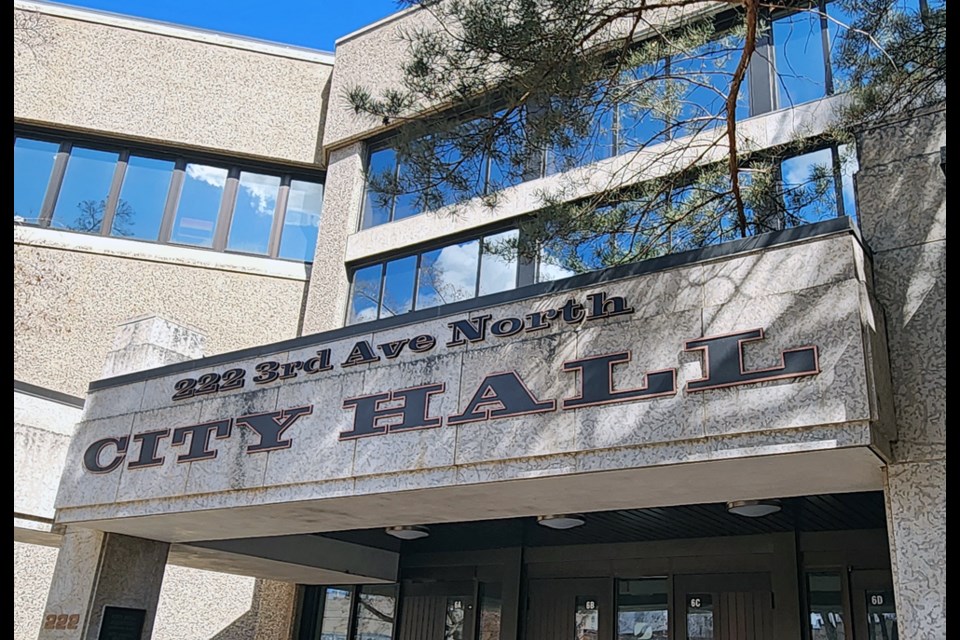SASKATOON — Mayor Charlie Clark has reassured residents that his administration is not proposing a 17.33 per cent increase in property taxes for the 2024-2025 budget to address the city's funding gap. Instead, City Council will continue budget deliberations to find alternative solutions to reduce the gap further.
The funding gap has been reduced by $21.6 million for 2024 and $1.6 million for 2025. However, the remaining gap in both years remains at $29.2 million and $20.05 million, respectively.
Clark and the councillors representing the 10 Wards on the City Council's Governance and Priorities The committee will hold a special budget meeting on Aug. 15 to continue discussions on business line reviews and plan operating options for the 2024-2025 budget.
The city council faces balancing the budget and addressing residents' concerns while considering potential spending cuts and revenue generation measures. Deliberations will continue in the coming months leading up to the finalization of the 2024-2025 budget in November.
The funding gap has raised concerns among residents and businesses, especially amid economic stress caused by inflation. Clark expressed his commitment to work with residents and businesses to find an acceptable solution while maintaining essential services.
Explaining the budget gap, Clark said there was no deficit from the 2023 budget. The $50.9 million funding gap for 2024 is primarily intended for road and sidewalk maintenance, transportation, fire, and police services. However, progress has been made in reducing the gap to $29.2 million for 2024 through various options presented by the administration, equivalent to a 9.96 per cent property tax increase.
Factors contributing to the budget gap include inflation-driven equipment and supply costs amounting to $3 million, revenue shortfalls due to the COVID-19 pandemic, and a $10 million cost for accommodating the needs of a growing city. The city is yet to recover revenues from its transit system, leisure centres, and parking fees, which currently total $8.2 million.
Despite the challenges, Clark highlighted Saskatoon's strong fiscal situation, supported by an AAA credit rating, allowing the city to benefit from lower borrowing rates than other municipalities. Saskatoon also boasts one of the lowest commercial-to-residential tax ratios, fostering business investment and job creation, and contributing to Canada's fastest-growing economy.
Non-profit group calls for spending cuts
Canadian Taxpayers Federation Prairie Director Gage Haubrich has urged the city council to minimize spending to alleviate the burden on Saskatoon taxpayers expressing concern over rising costs due to inflation, with nearly half of homeowners struggling to make ends meet.
CTF said the projected shortfall of $22 million for 2024 and $2 million for 2025 after last month's special budget meeting, would potentially lead to property tax increases of 10 per cent in 2024 and six per cent in 2025. According to CTF, this would result in an average increase of $390 for homeowners.
Furthermore, CTF criticized the city's recent decision to hire 275 new staff members, referring to them as "bureaucrats" amid a property tax increase of 18.6 per cent from 2018 to 2022. During the same period, city spending rose by 13 per cent, from $804,016,000 in 2018 to $906,786,000 in 2022.



